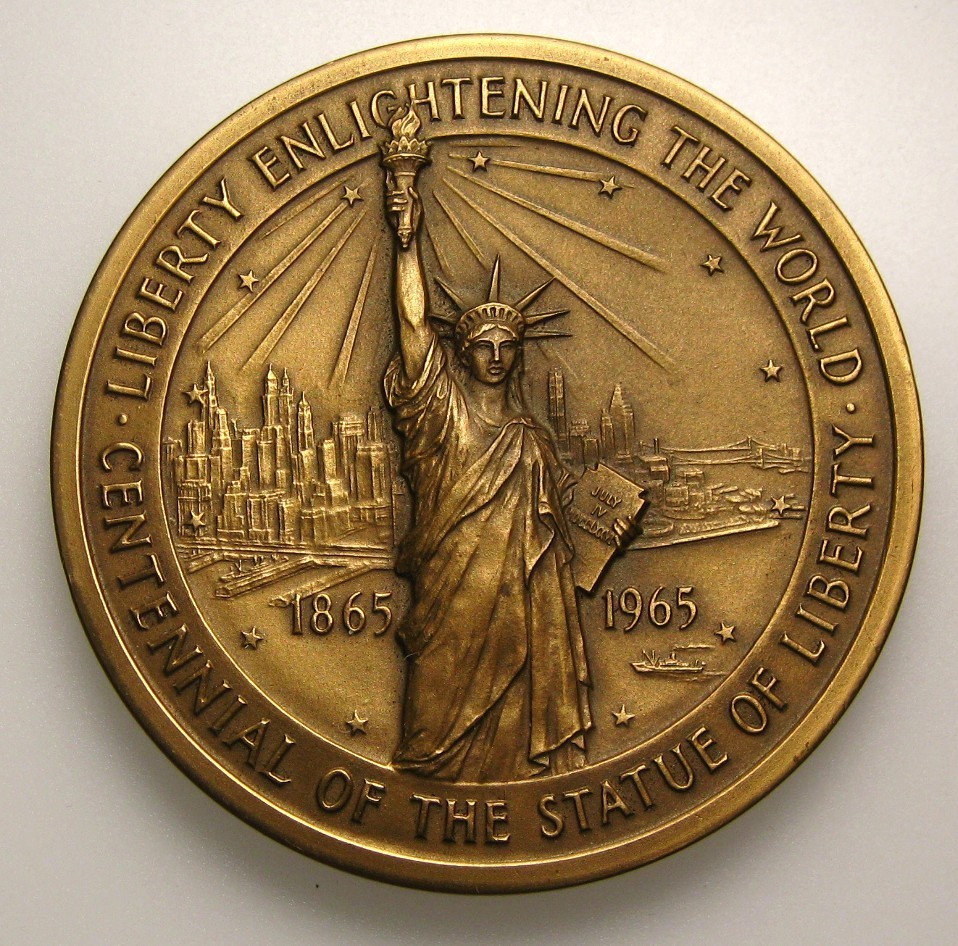Golden Liberty
The Golden Liberty (Polish Złotą Wolność, Latin Aurea Libertas ) was a term from the time of the Polish-Lithuanian aristocratic republic, which refers to one of Europe's aristocratic political system in the Kingdom of Poland and later, after the Union of Lublin in 1569, Polish-Lithuanian Commonwealth ( Rzeczpospolita Korony Polskiej i Wielkiego Księstwa Litewskiego ) refers.
This system ensured every nobleman, called in Poland Szlachcic, extraordinary rights and privileges. Every aristocrat was another, even the magnates, legally equal ( Ebenbürtigkeitsprinzip ). The Polish-Lithuanian aristocracy controlled the legislature in the Sejm, the Polish parliament, and had a say in the choice of Polish-Lithuanian kings choice.
Rights and privileges included, among other things:
- Equality of the nobility
- Personal immunity
- Tax exemption
- Participation of the Sejm of the adoption of new laws
- Liberum veto
- Freedom of choice in royal elections
- Right of resistance against the King
Negative consequences of the Golden freedom were:
- Corruption
- Corruptibility
- Nepotism
The Golden Liberty Poland differed from other countries in Europe and was a unique exception in a mainly since the late 17th century characterized by absolutism European continent, which was, however, limited in Poland - Lithuania only to the szlachta. The successive use of the golden freedom by the nobility resulted in the weakening of royal authority ( the Polish nobility undermined by its frequent opposition to the king 's authority ), a weakness that the powerful becoming neighbors had the opportunity in the political system of Poland-Lithuania intervene to paralyze the country by Liberum veto to eventually to destroy him by preventing reforms at the end of all.









